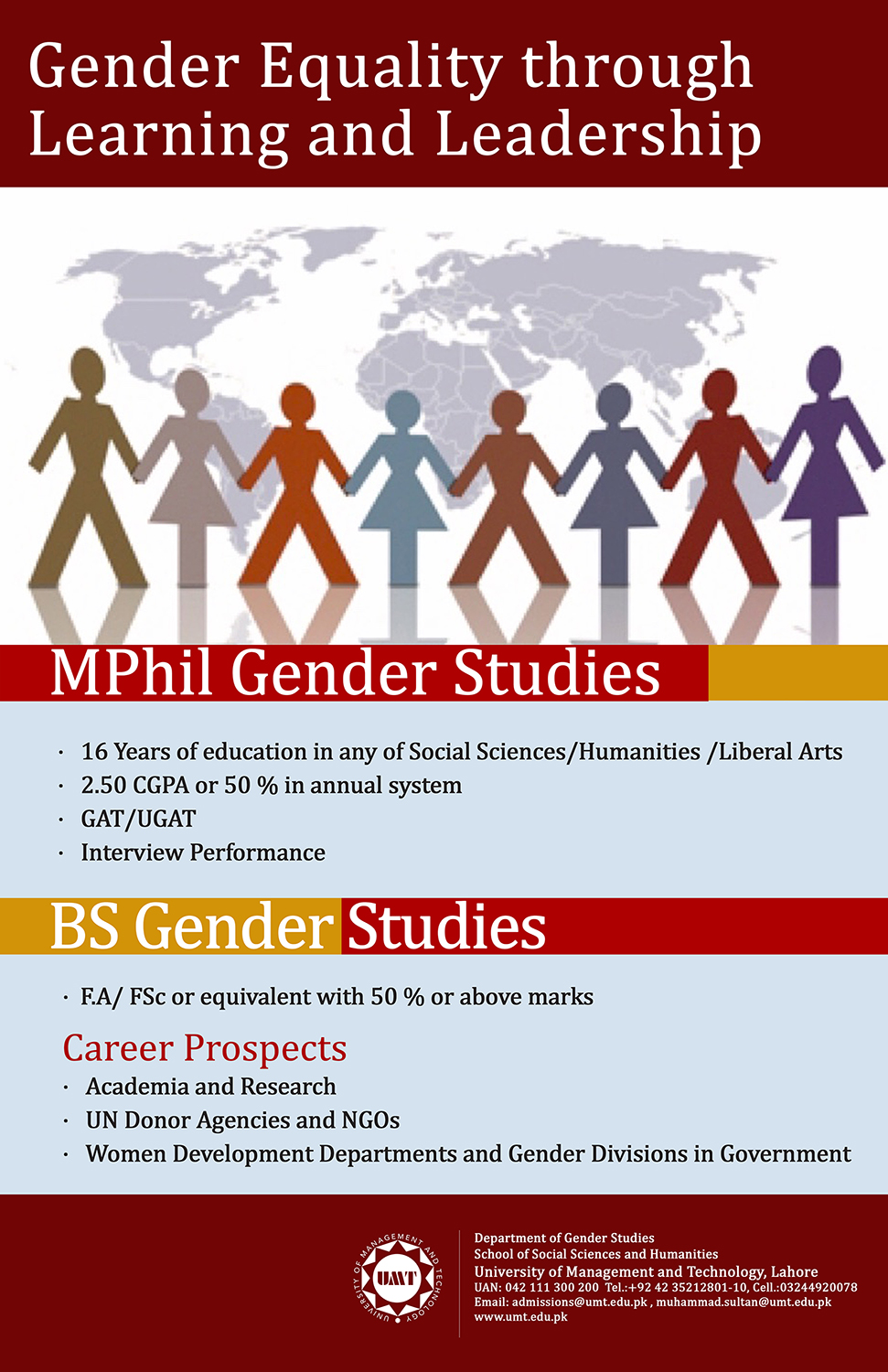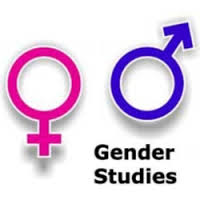

The Supplementary Study Programme builds upon the basic module and extends the knowledge acquired. Courses of the cross-faculty GDE-programme.At least one introductory lecture: VO Gender & Power (3 ECTS), VO Gender, Diversity & Equality (3 ECTS), VO Geschichte der Frauenbewegung (3 ECTS), VO Einführung in die kritische Geschlechterforschung (3 ECTS).Basic Module (12 ECTS)Ĭourses in the basic module provide the foundations of gender studies and introduce the basic terms, theories, and methods that form the backbone for further investigations of the discourses on gender, diversity, and inequality.

Please keep in mind that only courses that are not part of the obligatory (elective) study programme students are enrolled in can be considered for certification. The „Gender, Diversity, and Equality“- program thus offers courses tailored to Bachelor, Master, Diploma and Doctoral students of all faculties and can be attended by students of all faculties likewise. The bundling of courses from various research areas allows students to develop a nuanced view of the discourses surrounding gender, diversity, and (in-)equality. The study offer „Gender, Diversity, and Equality“ consists of three modules that build upon one another: the Basic Module (12 ECTS), the Supplementary Study Programme (24 ECTS), and the Specialisation Programme (36 ECTS). enable students to reflect and adapt behaviors that reproduce unequal power relations and hierarchies.facilitate the ability to critically evaluate gender relations.raise awareness for different forms of inequality on the individual but also the structural level as well as their interplay.foster a basic understanding of both the historical and current discourse of intersectional gender research.The Gender, Diversity, and Equality“ (GDE)- modules offer different perspectives on diversity, antidiscrimination, and equal opportunities. Highlighting other structural categories of discrimination (e.g., race, ethnicity, sexual orientation) the teaching opens the view to the challenges of intersectionality. The broad spectrum of courses offered encourages a critical view on gendered differences, gender identities, and role models. The „Gender, Diversity, and Equality“- program comprises research-based teaching of the digital, social, and natural sciences as well as theology, law, and cultural studies. Gathering knowledge attained in various courses of the GDE cross-faculty course offer, students can acquire a certified additional qualification as part of their elective study program. Students do not only gain theoretical and empirical insights into the challenges to and consequences of gender equality, equal opportunities, and inclusion but also acquire practical knowledge that helps promoting equality and diversity in all spheres of life. The cross-faculty „Gender, Diversity, and Equality“- modules support students of all disciplines in developing a broad but differentiated understanding of the interplay of gender, power, and inequality. To understand and overcome the barriers to persisting inequalities between genders, interconnected knowledge and transdisciplinary thinking is key. Nonetheless, this goal remains unachieved. Without gender equality, a peaceful, prosperous, and sustainable future is out of reach. Gender equality is not only one of the 17 sustainable development goals of the United Nations but constitutes the base of all other goals.


 0 kommentar(er)
0 kommentar(er)
